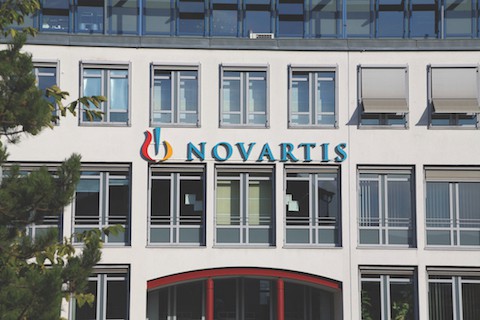
The National Institute for Health and Care Excellence (NICE) has recommended that Novartis’ personalised immunotherapy, Kymriah (tisagenlecleucel), be made routinely available on the NHS to treat children and young adults with a form of leukaemia.
The recommendation will mean that an estimated 40 children and young adults will become eligible for this new treatment in England.
The new draft guidance has recommended the CAR-T therapy for children and young adults aged 25 years and under with B-cell acute lymphoblastic leukaemia (ALL) who have not responded to treatment, relapsed after a stem-cell transplant, or relapsed for a second time or later.
Responsible for around 300 new diagnoses every year in people aged 25 and under in England, ALL is a rare form of blood cancer that occurs when the bone marrow produces too many lymphocytes, causing symptoms such as an increased risk of infection and weight loss.
Administered as a one-off infusion into the bloodstream, Novartis’ CAR-T therapy works by taking a patient’s own immune cells and modifying them so that they attach to and eliminate cancer cells.
Since December 2018, Kymriah has been available within the NHS’ Cancer Drugs Fund (CDF), which has allowed people to have access to the treatment on the NHS while collecting efficacy data.
The data revealed that the 24-month overall survival was 72% following treatment, improving overall survival for people compared with standard treatment without experiencing disease recurrence or progression.
In addition, clinical trial evidence for immunotherapy found the median overall survival was 48 months, compared to 7.5 months for blinatumomab and three months for salvage chemotherapy – two other standard treatments.
Based on this evidence, NICE’s independent committee was able to recommend Kymriah for routine use within the NHS and has removed it from the CDF.
Helen Knight, director of medicines evaluation at NICE, said: “I am delighted that we have been able to recommend continued use of this innovative treatment.”
Evidence has shown that Kymriah “can offer an effective treatment, helping people live longer and with a better quality of life and could represent a potential cure for some people,” she added.




